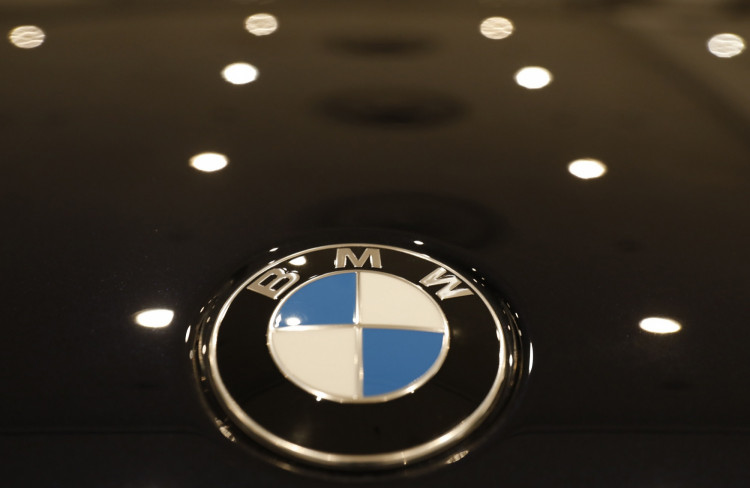BMW is set to introduce its first hydrogen-powered vehicle by 2028, marking a significant milestone in its partnership with Toyota Motor Corp. as both automakers double down on hydrogen fuel cell technology in the face of numerous challenges. The German automaker announced on Thursday that this new vehicle will be based on an existing model within its lineup, though it has yet to disclose specifics regarding pricing or production volume.
The collaboration between BMW and Toyota, formalized through a new memorandum of understanding, aims to accelerate the development of next-generation, zero-emission vehicles. By pooling resources and expertise, the two companies hope to bring down the costs associated with hydrogen fuel cell technology and standardize components across their respective vehicle lineups. This renewed effort also includes plans to tackle one of the most significant barriers to hydrogen vehicle adoption: the lack of a robust fueling infrastructure.
"With this partnership, we are leveraging our collective strengths to overcome the hurdles that have historically slowed down the adoption of hydrogen fuel cell vehicles," said BMW CEO Oliver Zipse. "Our upcoming hydrogen-powered model will showcase how technological progress can shape the future of mobility."
Hydrogen fuel cells, which use compressed hydrogen to generate electricity, have long been touted for their potential to offer a cleaner alternative to traditional internal combustion engines. These vehicles emit only water vapor, can refuel quickly, and boast a long driving range. However, the high cost of production and the limited availability of fueling stations have hindered their widespread adoption.
Despite these challenges, BMW has remained a staunch advocate for hydrogen technology, seeing it as a critical component of a diversified approach to sustainable transportation. The company has been testing the waters with its iX5 Hydrogen prototype, which offers a range of 500 kilometers (310 miles) and can refuel in just three to four minutes. The iX5 has served as a testing ground for BMW's hydrogen ambitions, but the upcoming 2028 model represents a more significant commitment to bringing this technology to market.
For Toyota, this partnership with BMW is an extension of its long-standing belief in hydrogen as a viable fuel source for the future. Toyota's Mirai, one of the few hydrogen-powered passenger vehicles available today, has been on the market since 2014, though its availability has been largely confined to California due to the scarcity of fueling stations. To incentivize adoption, Toyota offers Mirai buyers a complimentary fueling voucher worth up to $15,000.
The market for hydrogen vehicles, however, remains limited. In the first half of 2024, only 322 fuel cell vehicles were sold in the United States, representing an 82% drop from the previous year. This sharp decline underscores the uphill battle that BMW and Toyota face as they seek to make hydrogen a mainstream option in the automotive industry.
Part of the strategy to overcome these challenges involves not only developing the vehicles themselves but also building the necessary infrastructure to support them. Both companies have expressed a commitment to working with governments and industry partners to create a conducive environment for hydrogen technology. This includes the construction of additional fueling stations and the development of commercial vehicles powered by hydrogen fuel cells, though specific details on these initiatives remain sparse.
The partnership between BMW and Toyota dates back to 2012, with both companies having worked together on hydrogen technology over the past decade. This renewed focus on hydrogen comes as automakers worldwide are under increasing pressure to reduce carbon emissions and transition away from fossil fuels. While battery-electric vehicles (EVs) have gained significant traction, BMW and Toyota are betting that hydrogen will play a crucial role in the future of transportation, particularly for applications where EVs may not be as practical, such as long-haul trucking or in regions where charging infrastructure is lacking.
However, significant obstacles remain. The hydrogen fueling infrastructure, especially in key markets like California, is currently in a precarious state, with many stations offline and the cost of hydrogen rising due to supply chain issues. Earlier this year, Shell announced the closure of its hydrogen stations in California, further complicating the landscape for hydrogen vehicle owners.






